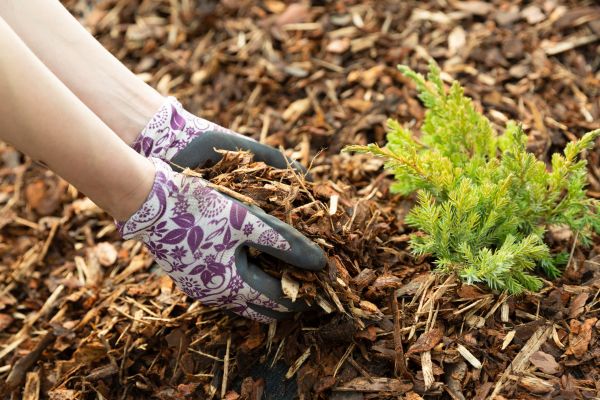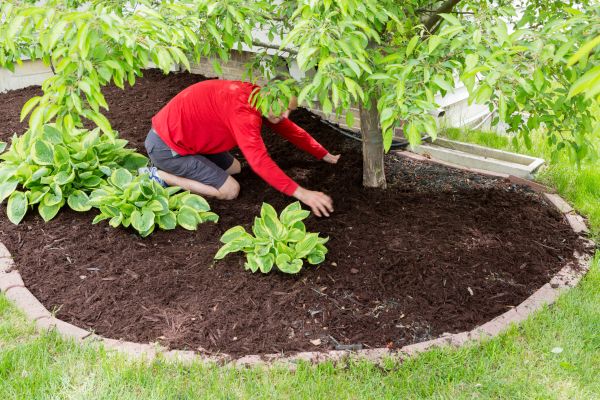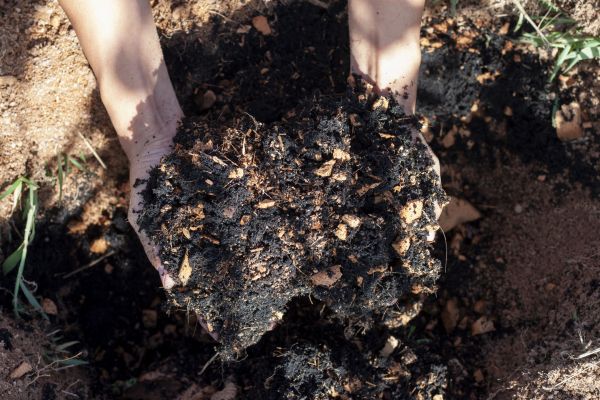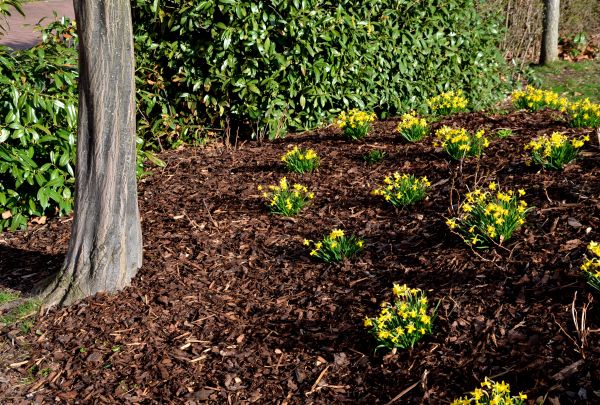Garden Mulching Service
Affordable Garden Mulching
Garden mulching is a practice that involves covering the soil with a protective layer of material, such as wood chips, straw, or compost. This process plays a crucial role in maintaining a healthy garden ecosystem. By acting as a barrier, mulch helps to retain soil moisture, suppress weeds, and regulate soil temperature. These factors are essential for promoting plant health and ensuring a vibrant, flourishing garden. Mulching not only enhances the aesthetic appeal of a garden but also contributes to the long-term sustainability of the soil and plants.
Benefits of Garden Mulching
-
Moisture Retention
Mulch acts as an insulating layer over the soil, reducing evaporation and helping to retain moisture. This is particularly beneficial during dry spells or in regions with limited rainfall, as it reduces the need for frequent watering and helps plants thrive with less water. -
Weed Suppression
By covering the soil, mulch limits the amount of sunlight that reaches weed seeds, thus hindering their growth. This reduces the need for chemical herbicides and manual weeding, allowing gardeners to maintain a cleaner and more manageable garden space. -
Soil Temperature Regulation
Mulch provides a buffer against extreme temperature fluctuations, keeping soil warmer in the winter and cooler in the summer. This creates a more stable environment for plant roots, which can lead to healthier and more resilient plants. -
Nutrient Enrichment
Organic mulches, such as compost or shredded leaves, break down over time and enrich the soil with essential nutrients. This natural fertilization process improves soil structure and fertility, promoting robust plant growth. -
Erosion Control
Mulch helps prevent soil erosion by absorbing the impact of rain and reducing runoff. This is particularly important in sloped areas, where soil can easily wash away and lead to nutrient loss.
FAQs About Garden Mulching
What types of materials can be used for mulching?
A variety of materials can be used for mulching, including organic options like wood chips, straw, and compost, as well as inorganic options like gravel and landscape fabric. The choice depends on the specific needs of the garden and the desired aesthetic.
How often should mulch be replaced?
Mulch should typically be replenished once a year, preferably in the spring, to maintain its effectiveness. However, the rate of decomposition and weather conditions can affect how often it needs to be refreshed.
Can mulching attract pests?
While mulch can sometimes attract pests, using well-composted organic materials and maintaining a proper mulch depth can minimize this risk. It's important to avoid piling mulch directly against plant stems or trunks, which can create a habitat for pests.
Is it possible to over-mulch a garden?
Yes, applying too much mulch can suffocate plant roots and lead to problems such as root rot. A layer of 2 to 4 inches is generally recommended for most gardens to ensure benefits without negative effects.
Fill out the contact form today to request Garden Mulching services and experience the benefits of professional mulching. Enjoy a healthier, more sustainable garden with improved moisture retention, weed suppression, and nutrient enrichment.




